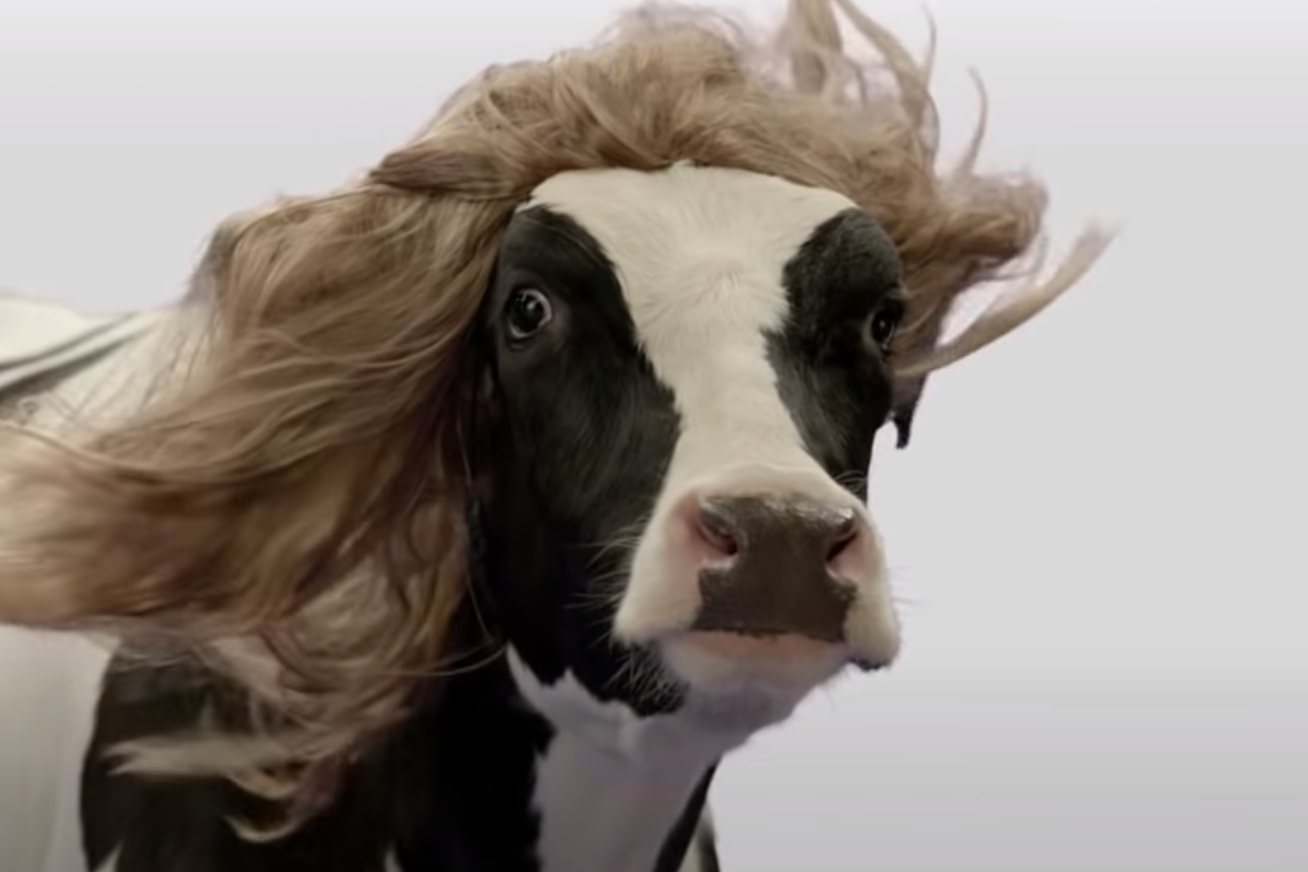What is it with liberal outlets and their apparent virtue-signaling obsession with eliminating meat from our diets?
 The New York Times published a wacky op-ed headlined “The End of Meat Is Here.” In the sub-headline, author Jonathan Safran Foer grumbled that “If you care about the working poor, about racial justice, and about climate change, you have to stop eating animals.” [Emphasis added.] Only leftists like Foer would know how to make that nonsensical connection.
The New York Times published a wacky op-ed headlined “The End of Meat Is Here.” In the sub-headline, author Jonathan Safran Foer grumbled that “If you care about the working poor, about racial justice, and about climate change, you have to stop eating animals.” [Emphasis added.] Only leftists like Foer would know how to make that nonsensical connection.
Foer began his article with two leading questions: “Is any panic more primitive than the one prompted by the thought of empty grocery store shelves? Is any relief more primitive than the one provided by comfort food?”
Foer then inserted the liberal criticize President Donald Trump angle in order to bolster his already suspect thesis:
The combination of meat shortages and President Trump’s decision to order slaughterhouses open despite the protestations of endangered workers has inspired many Americans to consider just how essential meat is.
Pivoting off of the “[a]nimal agriculture is now recognized as a leading cause of global warming” narrative, Foer later wrote that “We cannot protect our environment while continuing to eat meat regularly.” He said that this is a “banal truism.”
Of course, Foer needed to get some digs in at cows and their polluting burps:
Whether they become Whoppers or boutique grass-fed steaks, cows produce an enormous amount of greenhouse gas. If cows were a country, they would be the third-largest greenhouse gas emitter in the world.”
Foer decried how “We cannot claim to care about the humane treatment of animals while continuing to eat meat regularly.” He used this to then dramatize animal rights abuses, such as how “Modern chickens have been so genetically modified that their very bodies have become prisons of pain even if we open their cages.”
Foer then played on fears surrounding the COVID-19 pandemic: “We cannot protect against pandemics while continuing to eat meat regularly.”
Foer said later about his opinion piece posted in the Opinion section of The Times that “[t]hese are not my or anyone’s opinions, despite a tendency to publish this information in opinion sections.” [Emphasis added.]
Foer’s concluding remarks reeked of eco-utopianism:
With the horror of pandemic pressing from behind, and the new questioning of what is essential, we can now see the door that was always there. As in a dream where our homes have rooms unknown to our waking selves, we can sense there is a better way of eating, a life closer to our values. On the other side is not something new, but something that calls from the past — a world in which farmers were not myths, tortured bodies were not food and the planet was not the bill at the end of the meal. One meal in front of the other, it’s time to cross the threshold. On the other side is home.





